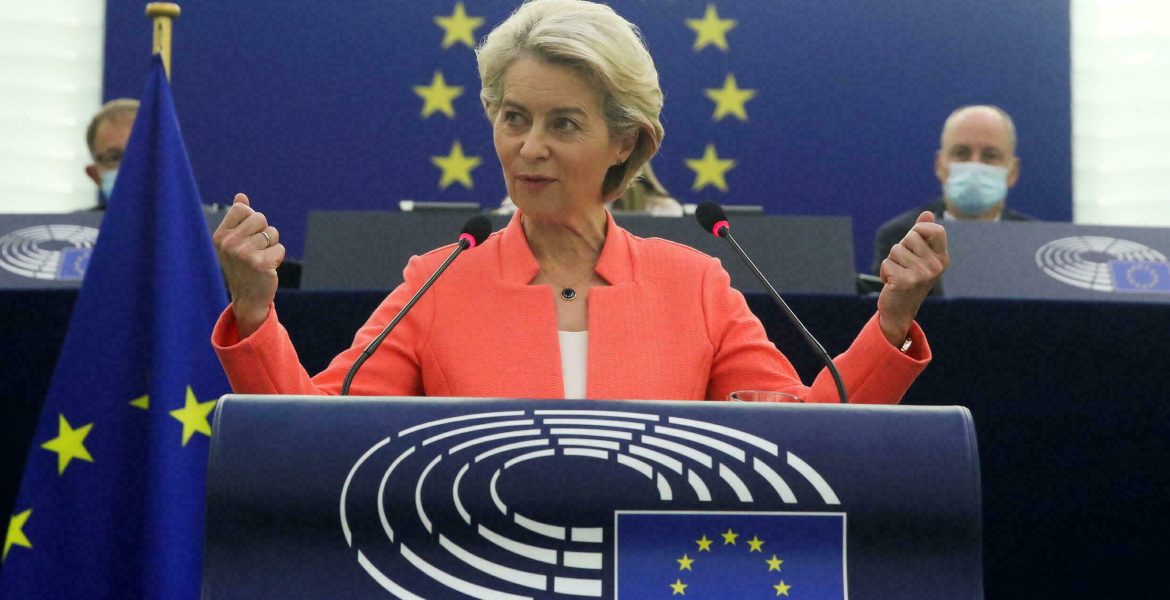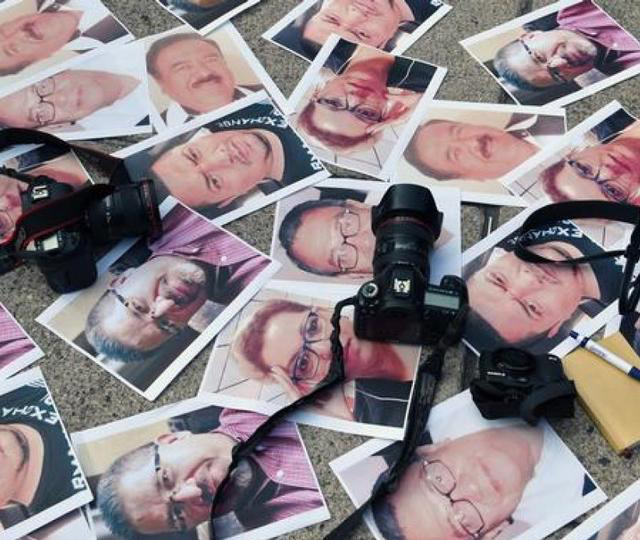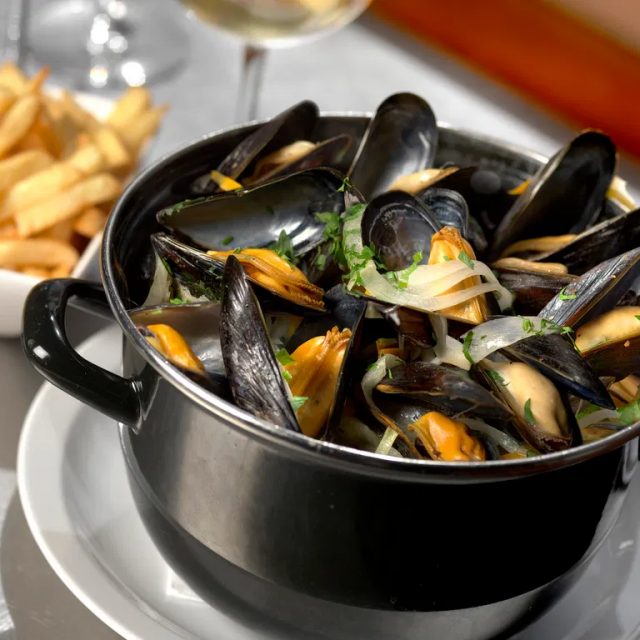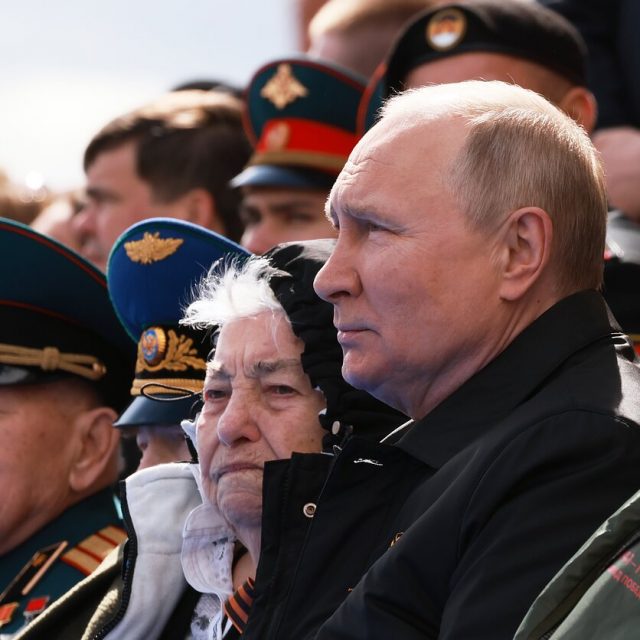In her annual address on the State of the Union to Members of the European Parliament (MEPs) on 15 September the President of the European Commission Ursula von der Leyen stressed the need to better protect journalists, media outlets’ independence and the public right to information.
President von der Leyen outlined her vision for the future of Europe and reaffirmed European values “enshrined in the treaties”, such as the rule of law and the freedom of expression.
For the very first time, she addressed the deteriorating situation of media freedom in the European Union citing the numerous attacks that journalists are increasingly facing.
“Journalists are being targeted simply for doing their job. Some have been threatened, some beaten and, tragically, some murdered. Right here, in our European Union. Let me mention some of their names: Daphné Caruana Galizia. Ján Kuciak. Peter de Vries. The details of their stories may be different but what they have in common is that they all fought and died for our right to be informed. Information is a public good. We must protect those who create transparency – the journalists,” said von der Leyen.
“We need to stop those who threaten media freedom,” she added. “Media companies cannot be treated as just another business. Their independence is essential. Europe needs a law that safeguards this independence – and the Commission will deliver a Media Freedom Act in the next year. Defending media freedom means defending our democracy.”
The following day, Vice-President of the European Commission Vera Jourova presented a Recommendation ‘on ensuring the safety of journalists. The European Federation of Journalists (EFJ) welcomed this timely recommendation as well as the Commission’s commitment to the safety of journalists. But this legislation is non-binding, and it is still necessary to thoroughly monitor Member States actions.
The Commission recommendation encourages Member States to:
- Investigate and prosecute all criminal acts committed against journalists whether offline or online
- Initiate cooperation between law enforcement authorities, journalists and associations representing journalists
- Support the establishment of independent rapid response mechanisms to help journalists in need, such as legal advice, psychological support, shelters, emergency helplines
- Ensure access to information, press conferences and sources of information
- Promote training for law enforcement authorities, judges and prosecutors
- Ensure social protection against unemployment, sickness, disability, retirement and professional risks, including for self-employed journalists.
In addition, specific guidance addresses the role of journalists during protests and demonstrations, online safety and digital empowerment as well as the protection of female journalists and those belonging to minority groups who face particular threats.




